Laurie Becklund, Reporter Who Connected the U.S. to Salvadoran Death Squads, Dies at 66
The integrity of journalism has suffered many blows in recent years, including corporate takeovers, advertorials and rank desperation. It is a small tragedy, then, to lose one of the profession's brightest and most unfaltering voices.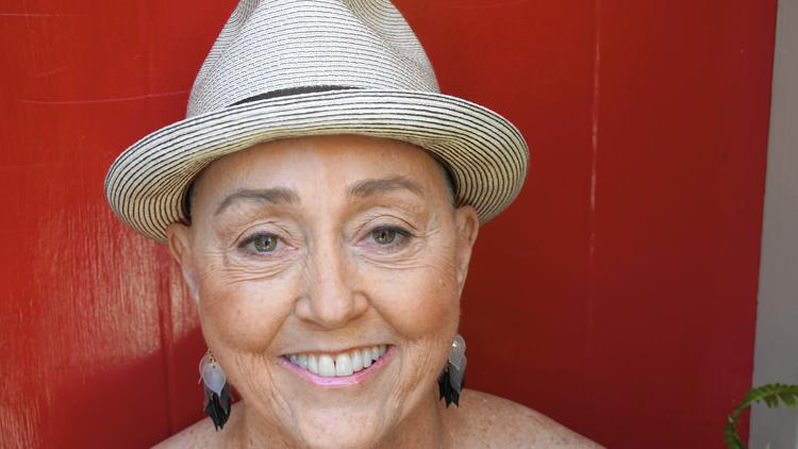 Photo by Elizabeth Rose Becklund Weinstein
Photo by Elizabeth Rose Becklund Weinstein
Photo by Elizabeth Rose Becklund Weinstein
The integrity of journalism has suffered many blows in recent years, including corporate takeovers, advertorials and rank desperation. It is a small tragedy, then, to lose one of the profession’s brightest and most unfaltering voices.
Laurie Becklund died Sunday of cancer, having outlived doctors’ estimates by three and a half years.
She is best known for her work uncovering El Salvador’s death squads. Laurie spent four years in that country reporting on the civil war, which lasted from 1979 to 1992. She was able to show that the death squads were supported by the military and, through that channel, the United States.
President Ronald Reagan downplayed the violence and significance of these armed thugs, who assassinated Archbishop Óscar Romero, gang-raped and killed three American nuns and extrajudicially executed tens of thousands of Salvadorans.
Laurie’s reporting showed that the death squads were quite real and quite vicious. She did this with a great talent, not just for reporting, but for writing.
Her work was not limited to the war in El Salvador. Becklund wrote on numerous subjects, including disease. Here is the lead from a piece she did for the L.A. Times on AIDS in 1990:
Behind [Alberto Alvizuri]’s bedroom door was a straw crucifix propped up by cloves of garlic. A nearly drained whiskey bottle, forbidden at the shelter, sat on his desk. Around the room were notes in Spanish about black magic and an unforgiving Christ. Next to his bed was an envelope that bore what appeared to be Alvizuri’s frantic, final scribblings.”
Laurie wrote four books, including the bestseller “Swoosh: The Unauthorized Story of Nike and the Men Who Played There.” Her last, “The Other Side of War: Women’s Stories of Hope and Survival,” is a moving portrait of women struggling in war-torn countries.
As the end drew near, Laurie continued to work. According to the Los Angeles Times, where she worked for many years, “Toward the end of her life, Becklund was still reporting … untangling the politics of breast cancer.”
Her colleagues remember her as a born reporter. One said she was “incredibly open-minded. … She didn’t go into a story knowing an answer. She would dig and dig until she found a truth that was satisfying.”
Truthdig Editor-in-Chief Robert Scheer, a friend of Laurie’s, recalls her passion:
Laurie was one of the greats of American journalism, as significant as she was modest in her brilliant practice of the craft. I don’t recall the date, but I was staying at the Tabard Inn in Washington, D.C., when I ran into Laurie checking in with two huge suitcases filled with documentary evidence on the death squads. The two of us dragged them up to a room in the hotel, which didn’t have an elevator. She was on fire, as she often was working a story, fueled by a deep outrage over injustice.
Laurie was married to another great reporter, Henry Weinstein, who survives her, along with their daughter Elizabeth.
Late Sunday night, Elizabeth read to Laurie from a childhood book. She finished the last lines, “You must do something to make the world more beautiful…. But I do not know yet what that can be.” Laurie heard the words, and slipped away.
Laurie Becklund spent her life exposing the ugliness of our world, and, in doing so, helped to make it a more beautiful place. She will be missed.
Dig, Root, GrowThis year, we’re all on shaky ground, and the need for independent journalism has never been greater. A new administration is openly attacking free press — and the stakes couldn’t be higher.
Your support is more than a donation. It helps us dig deeper into hidden truths, root out corruption and misinformation, and grow an informed, resilient community.
Independent journalism like Truthdig doesn't just report the news — it helps cultivate a better future.
Your tax-deductible gift powers fearless reporting and uncompromising analysis. Together, we can protect democracy and expose the stories that must be told.
This spring, stand with our journalists.
Dig. Root. Grow. Cultivate a better future.
Donate today.

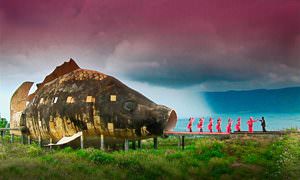
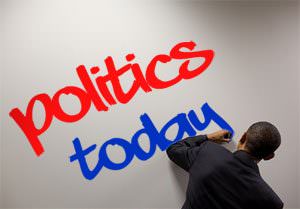
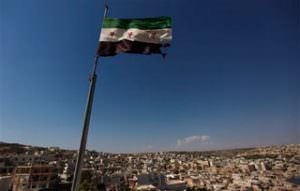
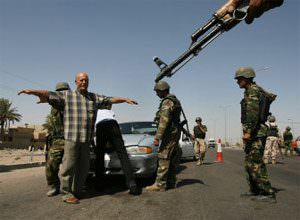

You need to be a supporter to comment.
There are currently no responses to this article.
Be the first to respond.